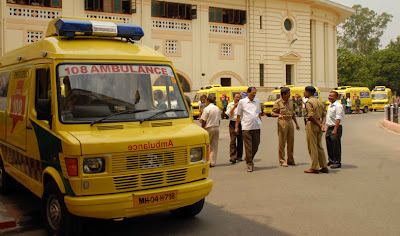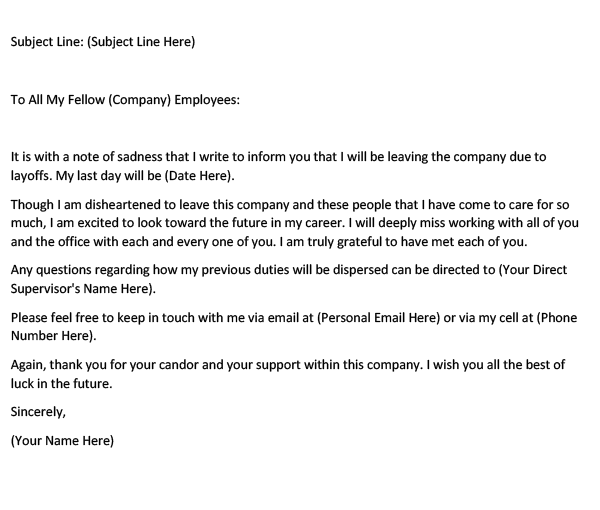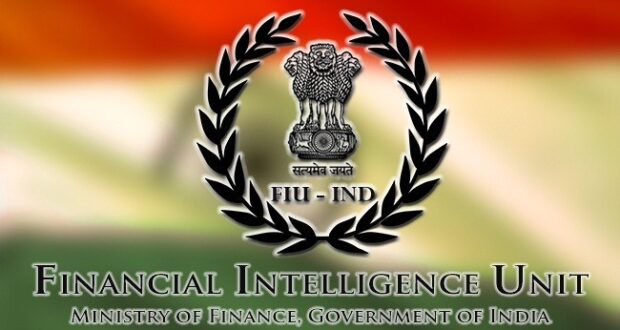Dial 108 Ambulance Contract: Bombay HC Rules Against Legal Challenge

Table of Contents
The Legal Challenge to the Dial 108 Ambulance Contract
The Dial 108 ambulance service, a critical component of emergency medical care in the region, recently faced a legal challenge. A petitioner, [Name of Petitioner or Organization, if known], filed a writ petition in the Bombay High Court, contesting the validity of the contract awarded to [Name of Contractor, if known]. The petition argued that the contract was awarded unfairly and raised concerns about the efficacy and transparency of the process.
The petitioner's arguments centered on several key points:
- Allegations of irregularities in the bidding process: The petitioner claimed that the bidding process was not transparent and lacked fair competition, potentially favoring a specific bidder. Specific concerns might have included allegations of biased selection criteria or non-disclosure of relevant information.
- Concerns about the quality of service provided: The petitioner argued that the current service provider was not meeting the required standards of quality and efficiency, citing instances of delayed response times or inadequate medical support.
- Claims of favoritism or corruption: The petition potentially alleged that the contract award was influenced by favoritism or corruption, undermining the integrity of the public procurement process.
The Bombay High Court's Ruling on the 108 Ambulance Service Contract
The Bombay High Court, after a thorough examination of the evidence and arguments presented, dismissed the petition and upheld the contract for the Dial 108 ambulance service. The court's judgment emphasized the importance of uninterrupted emergency medical services and the potential disruption a change in contract would cause.
The court's key reasons for dismissing the challenge included:
- Validation of the bidding process: The court found that the bidding process was conducted fairly and transparently, meeting all the required legal standards. Any concerns regarding irregularities were addressed and deemed unsubstantiated.
- Assessment of the service quality provided: The court acknowledged some minor shortcomings but found that the overall quality of service provided by the 108 ambulance service was satisfactory and met the minimum requirements. Improvements were suggested, but the service wasn't deemed inadequate to warrant contract termination.
- Rejection of allegations of corruption or favoritism: The court found no evidence to support the allegations of corruption or favoritism in the contract award process.
Implications of the Ruling on Access to Emergency Medical Services
The Bombay High Court's decision to uphold the Dial 108 Ambulance Contract has significant positive implications for access to emergency medical services across the region. The ruling ensures the continued operation of this vital service, preventing a potential disruption that would have severely impacted public health.
Had the court ruled differently, the consequences would have been severe:
- Potential prolonged delays in procuring a new service provider leading to gaps in emergency medical response.
- Disruption to existing emergency response capabilities, leaving vulnerable populations without crucial access to medical care.
- Negative impacts on patient outcomes due to delayed or unavailable emergency medical assistance.
The positive impacts of the ruling include:
- Continued availability of 108 ambulance services: The ruling guarantees the uninterrupted provision of emergency ambulance services.
- Sustained emergency medical response capabilities: The decision maintains the region's capacity to respond swiftly to medical emergencies.
- Impact on reducing response times and improving patient outcomes: By maintaining the existing service, the ruling contributes to reducing response times and ultimately improving patient survival rates and overall health outcomes.
Future of the Dial 108 Ambulance Service
Following the court's decision, efforts are likely to focus on enhancing the service's efficiency and expanding its reach. This could involve:
- Investment in new technology and infrastructure to improve response times and service quality.
- Implementation of measures to address the minor shortcomings identified by the court.
- Expansion of service coverage to previously underserved areas.
Conclusion: Understanding the Bombay HC’s Decision on the Dial 108 Ambulance Contract
The Bombay High Court's decision to uphold the Dial 108 Ambulance contract is a significant victory for public health. It ensures the continued provision of vital emergency medical services, preventing a potential crisis in healthcare access. The court's validation of the contract highlights the importance of transparent procurement processes and the commitment to delivering quality emergency medical care to the public.
Stay informed about updates regarding the Dial 108 Ambulance service and its ongoing efforts to improve emergency medical care access. Learn more about the 108 ambulance service and how to access its vital services. For any inquiries, contact [relevant authority/website].

Featured Posts
-
 Analysis Pbocs Reduced Yuan Support And Market Reactions
May 15, 2025
Analysis Pbocs Reduced Yuan Support And Market Reactions
May 15, 2025 -
 Elon Musk Denies Paternity After Amber Heards Twin Births
May 15, 2025
Elon Musk Denies Paternity After Amber Heards Twin Births
May 15, 2025 -
 6 000 Microsoft Employees Laid Off What We Know
May 15, 2025
6 000 Microsoft Employees Laid Off What We Know
May 15, 2025 -
 Boston Celtics Injury News Impact Of Guards Absence On Game 3
May 15, 2025
Boston Celtics Injury News Impact Of Guards Absence On Game 3
May 15, 2025 -
 Fiu Ind Imposes R5 45 Crore Penalty On Paytm Payments Bank Money Laundering Lapses
May 15, 2025
Fiu Ind Imposes R5 45 Crore Penalty On Paytm Payments Bank Money Laundering Lapses
May 15, 2025
